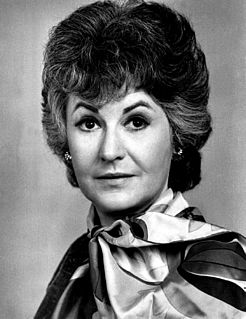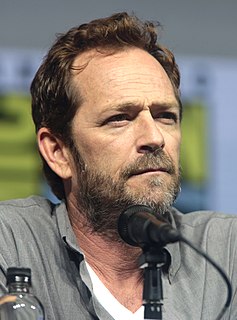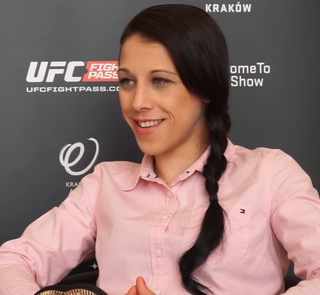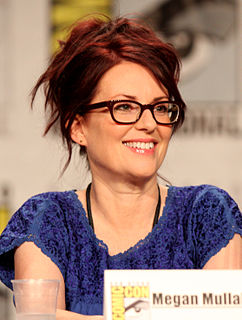A Quote by Bea Arthur
I realised I had spent the majority of my adult life doing two characters - Maude from 1972-'79 and Dorothy from 1985-'92 - and I really didn't know what I wanted to do after 'Golden Girls.' I knew what I didn't want to do - any more sitcoms, or wait for the next great role that might never come.
Related Quotes
I liked working with Republicans. We had five pretty good years after we had that bad year in '95 that culminated in two government shutdowns. But then they really decided that they liked being in the majority for the first time in forty years, and they wanted to get some things done, and I agreed, to get things I wanted. It was all perfectly transparent. Everybody knew what they wanted and what I wanted.
I never wanted to get to a point in my life where I knew what was going to happen next. I felt like most people just couldn't wait until they found themselves settled down into a routine and they didn't have to think about the next day, or the next year, or the next decade because it was all planned out for them. I can't understand how people can settle for having just one life.
I was just sort of young and went with the flow. It wasn't like I was 6 and knew I wanted to be an actor. I was thinking more along the lines of, I'm 6. When I was 20 I realized, I've never really thought about what I want to do. So I took a bunch of time off, stopped answering my phone, stopped doing anything. I'm pretty sure this is what I want to do, but I needed to be sure. It took me about two years to come around.
We never really know what we want until after we get it. If after we get it, it makes life more miserable, we know that isn't what we wanted. If it makes our life wonderful, we know this is a strategy which will meet out need. That's why Paul Tillich, the theologian says we need to sin courageously. You ask for what you want, hoping to meet your needs. If you get it and it makes life worse, you learn that this isn't what I want.
Television from its inception had the number one goal to alienate as few people as possible. That's why if you look at 1950s, 1960s American sitcoms, the characters don't live any place in particular, religion is never discussed, politics is never discussed, you never really know what anyone's job is; nothing that could make these people seem different from you is ever discussed.
We had no irony when it came to girls, though. There was just no time to develop it. One moment they weren't there, not in any form that interested us, anyway, and the next you couldn't miss them; they were everywhere, all over the place. One moment you wanted to clonk them on the head for being your sister, or someone else's sister, and the next you wanted to....actually, we didn't know what we wanted next, but it was something. Almost overnight, all these sisters (there was no other kind of girl, not yet)had become interesting, disturbing, even.
I was 16, I just wanted to do something in my life. I wanted to be healthy, I wanted to lose some weight and I went for my first training. In the beginning I didn't know what Muay Thai meant. You know? But I liked it so much, and after six months of training I had my first competition in Poland. I won, and after that I knew that I wanted to do it.
In school, they would tell you that life wouldn’t come to you; you had to go out and make it your own. But when it came to love, the message for girls seemed to be this: Don’t. Don’t go after what you want. Wait. Wait to be chosen, as if only in the eye of another could one truly find value. The message was confusing and infuriating. It was a shell game with no actual pea under the rapidly moving cups.
The perfect life, the perfect lie, I realised after Christmas, is one which prevents you from doing that which you would ideally have done (painted, say, or written unpublishable poetry) but which, in fact, you have no wish to do. People need to feel that they have been thwarted by circumstances from pursuing the life which, had they led it, they would not have wanted; whereas the life they really want is precisely a compound of all those thwarting circumstances.



































